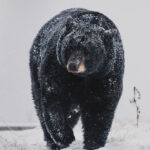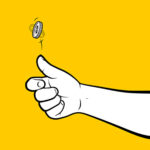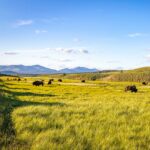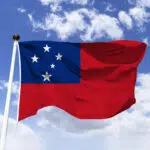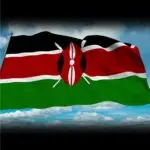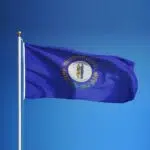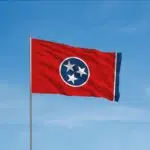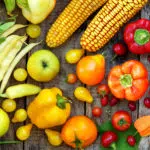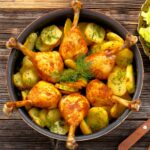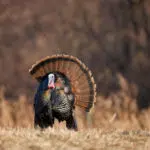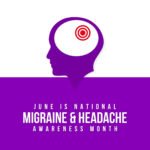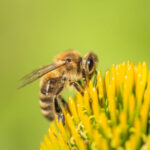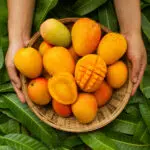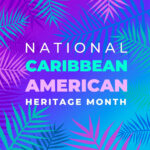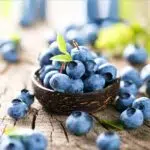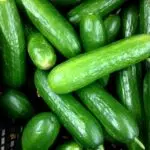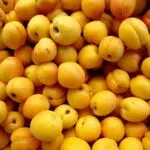National Pollinators Month in June brings attention to the importance of the relationship between pollinators and plants. Pollinators are insects and animals that transfer pollen from one plant to another. This pollen transfer leads to plants being able to produce fruits, vegetables, and nuts. Pollination, thus, is a crucial method through which humans and wildlife get their food resources. Research studies estimate that about 75% of the food sources in the world are dependent on pollination. However, due to increased pollution and invasive non-native plantations, pollinators like bees and wasps are in danger of extinction.
History of National Pollinators Month
National Pollinators Month started as National Pollinators Week (June 22–28), and the latter is celebrated until today. The week was first celebrated back in 2007 when the U.S. Senate passed sanctions regarding it. Later on, the celebrations were expanded to the whole month. The month encourages people to protect pollinators by providing them with the right environment in terms of the right pollination plants and avoiding the use of pesticides. By protecting pollinators, we will, in turn, ensure the steady production of food resources. Over the centuries, specific pollinators have developed a special relationship with the specific plants they pollinate. For example, special fig trees can only be pollinated by a specific wasp. Furthermore, certain insects and other types of pollinators only come out when the plants they pollinate are in season.Therefore, the conservation of pollinators through research, education, and awareness has become of utmost importance. According to the National Wildlife Federation, every one in three bites of food you take comes from a pollinated source. Food shortage isn’t the only danger due to a decline in pollinators. Thanks to the increased destruction of forests as well as urban developments, pollinators are not only losing their natural habitats but humans and wildlife are also in danger of a rise in natural disasters like flooding. The danger of extinction of one or a few pollinators will also likely signal the extinction of other pollinators and plants. The destruction of complex ecosystems has countless repercussions in the short and long term if nothing is done to preserve nature.
National Pollinators Month timeline
Due to an evolving atmosphere, there is a boom in flowering plants that reportedly takes place thanks to insects pollinating.
The U.S. Congress passes the Endangered Species Act, which covers ecosystems and endangered pollinators like insects and bats.
The Honeybee population decreases dramatically, raising alarms amongst environmentalists and agriculturalists who depend on the insect to pollinate their crops.
Neonicotinoid pesticides are banned in the European Union as research reveals links between bee colony collapse and the usage of this pesticide.
National Pollinators Month FAQs
What season does pollination occur?
Pollination mainly occurs during spring and summer. Spring invites hibernating pollinators to feast on pollinating plants for food. Summer, on the other hand, is the peak pollinating time as gardens and crops reach full bloom.
How do we celebrate National Pollinator Month and Week?
Indulge in activities that promote and protect pollinators. You can start small at home by keeping bright pollinating plants and putting welcoming signs for pollinators like birdhouses or bright flowers. You can also sign proclamations and legislation to be sent to your local governing bodies.
When should you plant pollinating plants?
Since many pollinators will be in hibernation mode during the harsh winter periods, plant pollinating plants during spring because that is when pollinators will be coming out of their hibernation for food. You can also choose bright flowers that bloom throughout the year, from summer to fall.
How To Observe National Pollinators Month
-
Keep plants in your home
Select and plant flowers that serve a purpose for pollinators throughout the entire year. During the summer months like June, pollinators (and you!) will reap the benefits through pollination. During winter, pollinators can consume the seeds.
-
Invite birds
Birds, like insects, are successful pollinator candidates. Put birdbaths and birdhouses with seeds around your garden and near your plants.
-
Avoid pesticides or invasive plant species
One of the reasons that pollinators face danger today is the excessive use of pesticides and/or the presence of invasive plant species. Pesticides harm the pollinators’ health — sometimes even killing them in worst-case scenarios. Furthermore, invasive plants do not allow other plants to thrive.
5 Facts About Bees That Will Blow Your Mind
-
Little baskets for pollen
Bees carry pollen in a pollen basket on their hind legs, which is also called a corbicula.
-
Bees contribute to huge GDP value
Bees pollinate about 130 crops in the U.S., adding about 14 billion dollars every year to crop yield.
-
Making bee-lines for the best production
Bees are extremely innovative creatures who, for the sake of efficiency and quality production, construct special ‘insect pathways’ that connect all the major wildlife areas.
-
Help a bee with flowers or white sugar
If you see a bee or two on the ground, you can help it by placing it on a nectar flower or by feeding it a drop of a mixture of 50/50 white sugar and water in a tablespoon.
-
Two pounds of honey from three long flights
To produce about two pounds of honey, a honeybee has to fly 90,000 miles, which is equivalent to going around the world three times.
Why We Love National Pollinators Month
-
It’s a celebration of nature
Nature has a complex system that works 24/7 to keep life going. Without pollinators, the world would have been very different, perhaps even uninhabitable. We must, at all times, protect and appreciate the important links in our ecosystems for life to continue for our current and future generations.
-
It’s a celebration of food
Can you imagine a life without coffee or chocolate? Or items like berries, almonds, squash, apples, or alfalfa? We certainly cannot imagine or even fathom living without any of these! But thanks to pollinators, we can enjoy our morning coffee and breakfast muesli with berries, fruits, and nuts.
-
It’s a celebration of the environment
Pollinators provide us with important food resources, but they also provide us with a healthy living environment. By allowing the plants to pollinate and thrive, soils become enriched, and air pollution decreases. Without pollinators, we could face the dangers of flooding, increased pollutants and diseases, and climate change.
National Pollinators Month dates
| Year | Date | Day |
|---|---|---|
| 2023 | June 1 | Thursday |
| 2024 | June 1 | Saturday |
| 2025 | June 1 | Sunday |
| 2026 | June 1 | Monday |
| 2027 | June 1 | Tuesday |



